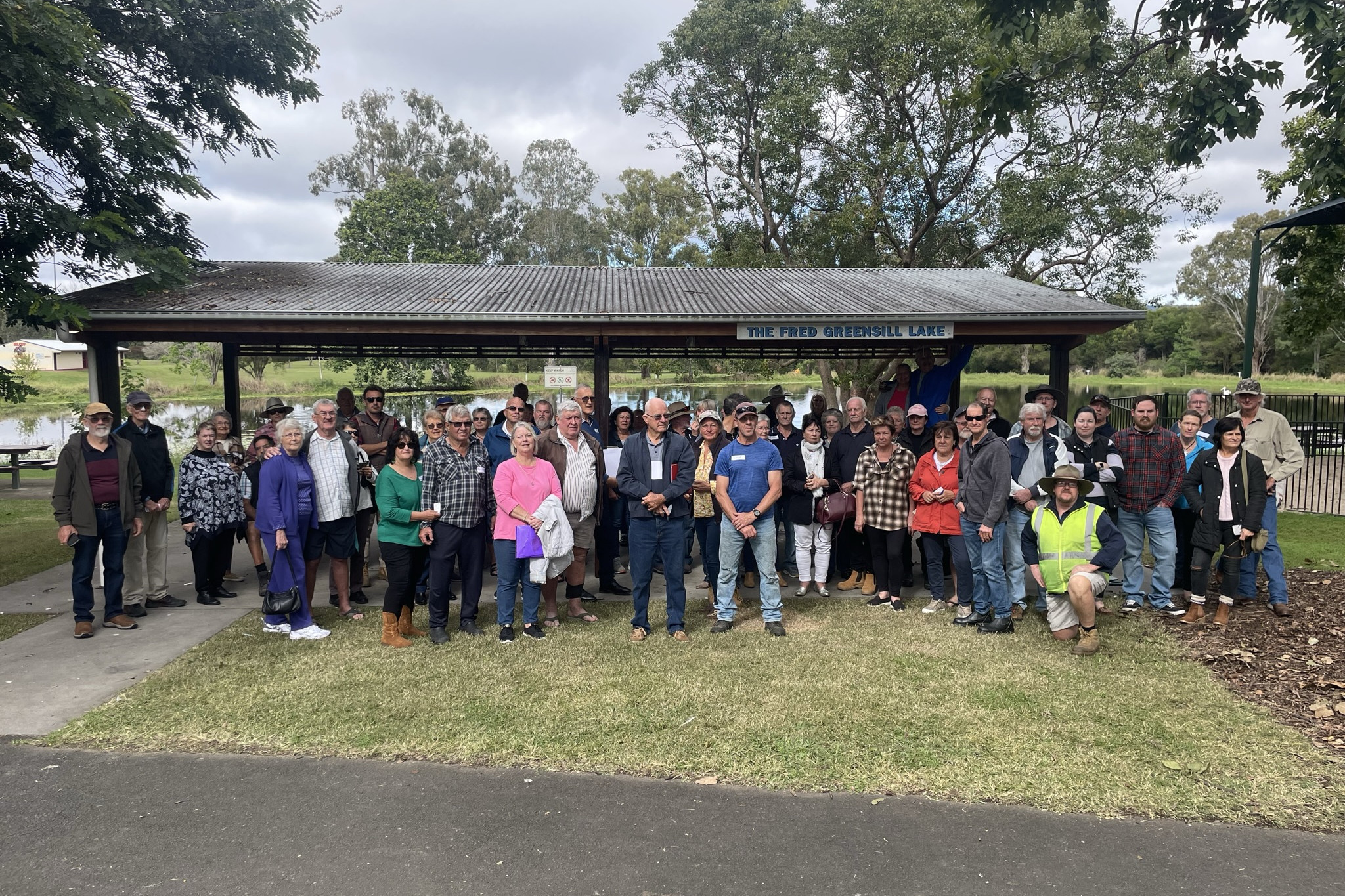News
22 July, 2025
Community pushback discharges battery
THE company behind a controversial Battery Energy Storage System (BESS) at Hazeldean, near Kilcoy, has withdrawn its Development Application (DA), following over a year of community objections.

Developer Enervest formally withdrew the project with Somerset Council on July 18, just a month after they requested a 60 business-day extension to the decision period. The new decision date was set for September 17, 2025.
Enervest was proposing to build a BESS consisting of 387 battery enclosures and 155 inverters, with a storage capacity of 400MW/1,600MWh. During the public notification period in May of last year, Somerset Council received nearly 300 public submissions against the proposed project, including the creation of a vocal opposition group called Save Somerset.
According to the Enervest Hazeldean Project team, the decision to withdraw came after ongoing conversations with Somerset Council, key stakeholders and the local community. “It became evident during these discussions that concerns remain around battery technology, its visual and potential impacts, and associated planning complexities,” they told The Sentinel. “After carefully considering this feedback we concluded that withdrawing was the most appropriate decision at this stage.
“We will use this withdrawal as an opportunity to continue engaging with the community and other stakeholders. Understanding and addressing local concerns and expectations remains essential to our future planning and project development activities.” Enervest deeply thanked Council, the community, and other stakeholders for their feedback and input into the project.
“We continue to look at opportunities throughout Queensland, focusing on locations and projects where we can clearly achieve community support, appropriate regulatory conditions, and project feasibility. We are open to projects in Somerset and nearby regions if these conditions can be met.”
In February of this year, Enervest had contracted independent researchers to ask residents how the development could benefit the community. The survey identified a lack of training and equipment for local fire brigades as one of the main concerns raised by residents.
Toxic fire runoff was also named as one of the top worries, along with noise and light pollution, loss of property values, water contamination and environmental risks, perceived lack of direct community benefits, and concerns about local governance and decision-making.
Somerset Council Mayor, Jason Wendt, said he respected Enervest’s decision to withdraw the DA, but emphasised the need for renewable energy developments to be mindful of locations and communities. “The application was first lodged in September 2023 and Council has engaged the applicant over this time to address planning matters,” he said. “Our region has, like many other local governments, experienced a rise in interest for the development of such renewable energy facilities.
“These types of developments need to establish clear local community benefits and not supersede the qualities which make Somerset a special place. As a fundamental consideration for any type of application; it must be the right development in the right place and at the right time.”
Somerset Council made a submission to the Queensland Government regarding the social impact of renewable energy facilities in June, asking standalone BESS facilities to be included in the state’s new assessment of renewable energy facilities. “While not generating power, large scale BESS are a key feature of renewable energy infrastructure and, like large scale solar or wind farms, they have significant social impacts on communities,” Cr Wendt said.
“Currently, stand-alone BESS facilities are not subject to the proposed assessment process. We would like to see this amended. We do not want to halt the progress of renewable energy, but we also do not want to see our communities negatively impacted by large scale developments. We look forward to the State Development, Infrastructure and Works Committee’s review for a proposed assessment framework.”
The Enervest Hazeldean Project team said they recognise the “unique” planning, technical, and regulatory complexities that energy storage systems present. “We look forward to continuing to engage with Local and State Government to ensure that there is an appropriate and consistent assessment framework in place for energy projects across Queensland, that considers community feedback appropriately,” they said.

